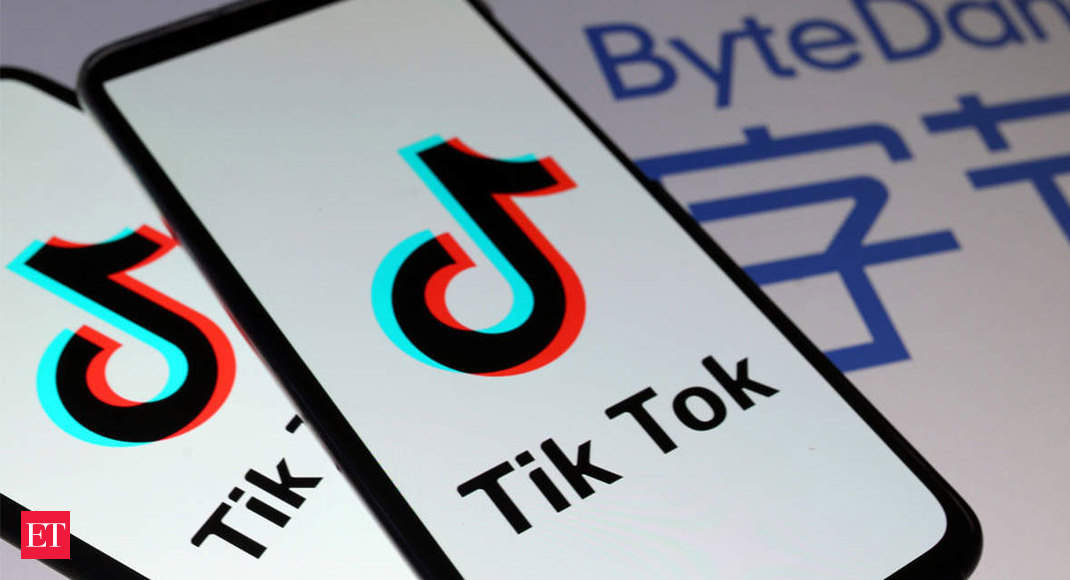New Delhi: Over the recently, as the hostilities in between India and China have actually heightened at LAC, brief video material app TikTok has actually borne the online impact of anger from Indian web users, ending up being the face of India’’ s growing issues about China and its hang on India’’ s innovation areas. On leading social networks platforms, there has actually been a continual push or project to uninstall a vast array of Chinese energy and interaction apps, however none is under more analysis than the ByteDance-owned TikTok.The upping of ante versus TikTok (and by extension ByteDance’’ s India-focused app Helo) began earlier —– in part since of the Chinese origins of the pandemic in Wuhan. A basic belief that has actually developed not simply in India, however worldwide. The tipping point, nevertheless, was available in May, when a ““ war ” broke out in between a popular TikTok and YouTube developers over their particular appeals, or quality of material, and taking the minute, some prominent members of India’’ s digital conservative participated. This caused nationalist designers constructing apps, albeit briefly, which eliminated Chinese apps, consisting of TikTok, from devices.Other issues followed, with a number of videos flagging animal abuse or its permitting of declared anti-India material to name a few things, consisting of issues over information being delivered to China and censorship. This is very important, as a report in a China-focused innovation publication PingWest exposed in early June that ByteDance was cutting its Chinese engineers’ ’ access to TikTok and other abroad items. This was the current in a series of efforts that the business is carrying out to ““ set up technical and administrative firewall softwares” ” in between China and its worldwide operations.The advancement, if real, likewise comes at a time when the business worked with previous Disney senior executive Kevin Mayer as TikTok’’ s CEO and ByteDance ’ s COO. Simply put, ByteDance is trying a remodeling, thinking about issues revealed by United States regulators, lawmakers and users around problems of nationwide security and its $1 billion acquisition of Musical.ly in late 2017. 76499297The firewall program relocation is likewise crucial as part of ByteDance’’ s press to encourage United States users that Chinese censors can’’ t gain access to material thought about to be conscious China (Dalai Lama, Tibet, Hong Kong, etc). In September in 2015, the Guardian released a report utilizing dripped files that exposed how TikTok censored videos that did not please Beijing. A Washington Post report in November appeared to validate the earlier report, with ex-employees of the brief video website informing the paper that Chinese employees had the last get in touch with flagged videos.In India, TikTok has actually come under extreme examination in its brief, three-year-old presence. In 2015, for example, as ET reported, it informed the IT Ministry that it did not ““ pay developers to produce material, nor does it manage the development or interfere of material on the platform”” In the extremely next line, however, it stated that it engaged with ““ specific users who can promote the platform and teach others on how to produce the most worth of the tools readily available on the platform.” ” This was naturally inconsistent, as ET reported, searching through several agreements where TikTok (and its earlier avatar of Musical.ly) performed in truth pay developers through virtual currencies like ““ diamonds ” which might be redeemed later.At the time, ByteDance protected these as ““ basic marketing practices””, which it does “not “ represent a symptom of editorial control””, a’crucial element of India ’ s safe harbour guidelines for innovation platforms, which it was simply a ““ passive home or an enabler.”” In July in 2015, a number of members of parliament —– from leading local and nationwide celebrations —– had actually raised issues on the flooring of the Lok Sabha varying from nationwide security to move of information to China, ByteDance’’ s close relationship with the Chinese federal government, to its function in ““ threatening the democratic procedures””. This followed a quick, six-day restriction where TikTok was prohibited in India in April 2019 by the Madras High Court, in reaction to a petition that declared that TikTok was spreading out porn while likewise possibly ““ exposing kids to sexual predators, and negatively affecting the psychological health of its users””. TikTok, nevertheless, refutes these charges of information transfer to China. In previous declarations to ET, the business has actually mentioned that ““ Indian user information is saved at industry-leading third-party information centres,” ” while likewise preserving that, ““ TikTok does not run in individuals’’ s Republic of China, and their federal government has no access to TikTok user information, nor does it have a relationship with China Telecom.””.
Read more: economictimes.indiatimes.com
